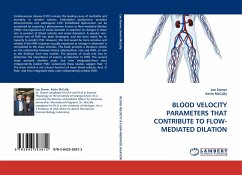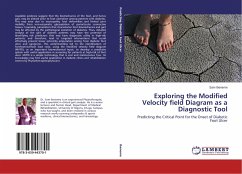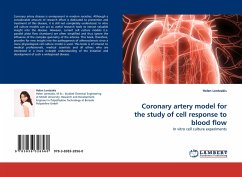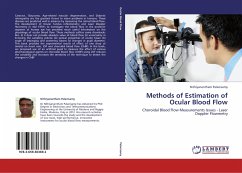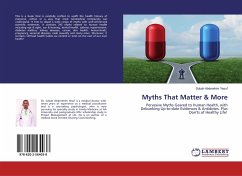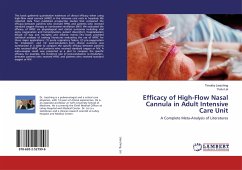Cardiovascular disease (CVD) remains the leading cause of morbidity and mortality in western nations. Endothelial dysfunction precedes atherosclerosis and subsequent CVD. Endothelial dysfunction can be monitored be assessing a phenomenon known as flow-mediated dilation (FMD)- the regulation of vessel diameter in response to changes in shear rate (a product of blood velocity and vessel diameter). A popular non-invasive test of FMD has been developed, and has been noted for its capacity to predict CVD. However, this test would be more sensitive and reliable if the FMD response (usually expressed as change in diameter) is normalized to the shear stimulus. This book presents a literature review on the relationship between blood velocity/shear rate and FMD, as well as the findings from two studies. The purpose of study one was to determine the importance of velocity acceleration to FMD. The second study assessed whether peak- and time integrated-shear rates independently predict FMD. Collectively these studies suggest that: 1) The shear stimuli is not a linear function of mean blood velocity. And, 2) Peak- and time integrated-shear rates independently predict FMD.

